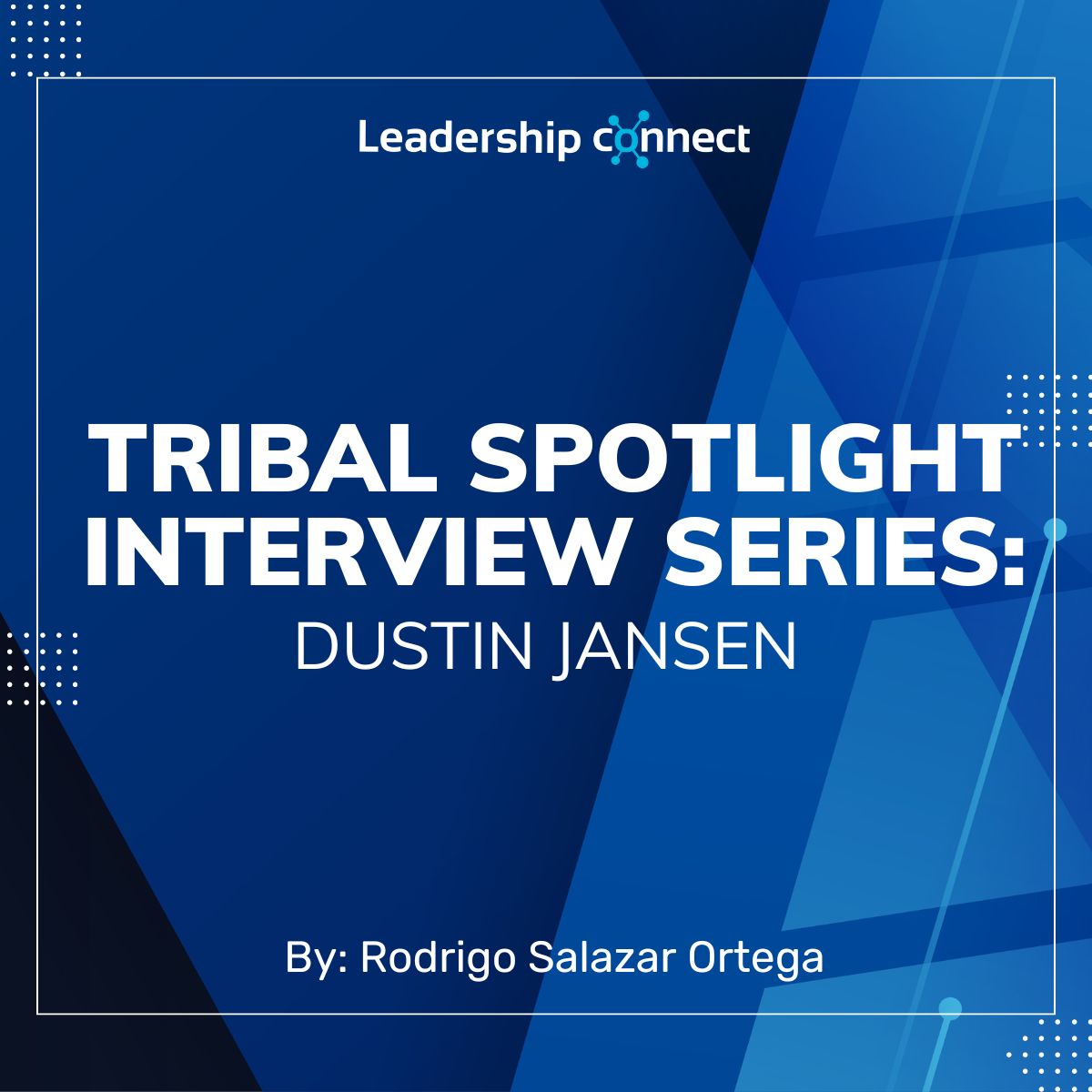Last week I spoke with Dustin Jansen, Utah Division Director of Indian Affairs.
Can you tell me about your career path that has led you to where you are now?
I grew up in a Navajo Nation reservation. My parents were silversmiths dedicated to crafting Navajo jewelry. When I was young, I looked up to my high school teachers because it always seemed like they had it together. Their job looked stable and that is what I wanted. I went to Brigham Young University to pursue a history major with the thought that I was going to be a history teacher. However, while in school I met Larry Echo Hawk, who made an impression on me and told me that law was the vehicle to help entire nations. I decided to attend law school at the University of Utah S.J. Quinney College of Law, and I got the opportunity to intern with the Department of interior and Tsosie & Hatch Law Firm. Then, in the summer before my last year, I did an FBI honors internship in D.C. where I worked on civil litigations. I wanted to be in the FBI because I grew up on the X-Files. After moving to Idaho and working on immigration law, I then worked for the Navajo Nation on the legislative council and then on the executive branch focusing on water rights. I proceeded to open a small law firm doing contracting for tribes and then returned to Utah to teach Indian Law Studies at Utah Valley University. I was doing contract work for the state of Utah department of Indian affairs and found out their director was about to leave and when the position opened, I got a call asking if I was interested. Governor Gary Herbert called me and talked to me about his vision and goals for the state and the tribes within it. The relationship between the state and the tribes was not great and we needed to do better. I had to do a lot of government-to-government work for four years and once Governor Spencer Cox came in, he asked me to stay as Utah Division Director of Indian Affairs.
How did you become passionate about the intersection of tech, government, and tribal communities, and how do you stay informed and engaged in those areas?
A lot of native kids get told that you finish college, and you must return to serve your people. I felt like it was something I needed to do, and education is a means to help your people. When I met Larry Echo Hawk, he was working for the Native American Rights Fund, and he was a law school professor at BYU’s J. Reuben Clark Law School. He made me realize I wanted to go to law school to make a bigger impact on my people. While I was at the FBI, I got a first-hand look at federalism on a different scale. I realized that a lot of discussions happened without acknowledging tribal governments and tribal rights. If I wanted tribes to be considered I needed to be a part of the discussion. Since then, I have continued to always ask myself: How can I serve tribes directly?
What do you believe sets Tribal Government Relations apart as a unique work environment, and how do you navigate its challenges in your everyday work?
Not every state has the same number of tribes. Different people and different states go through different challenges because every state and tribal government is different. The space is unique because it is all about making things work between tribes and between tribes and the state. Not all policies affect or pertain to every tribe. Constant and relevant communication is key on both sides. It is important to understand that agencies have varying levels of understanding and success with working with tribal nations. Transparency is the key. Being open, collaborative, and involving tribes from the very beginning by communicating early often leads to successful relationship building and positive outcomes.
Describe a challenging or rewarding project that significantly influenced your growth as a professional. How did you handle the challenge, and what did you learn from the experience?
In 2018, Larry Echo Hawk got hired by Utah to build relationships with tribes. While visiting all the tribes, he realized that Westwater, a Navajo community outside of Landing City, did not have access to water or electricity. Landing City is very conservative, and they were making it difficult for people building outside of the city to get access to utilities regardless of being native or not. The Navajo Nation realized they had that community in Federal land. The first step was to buy the land from the government and then it took a long time to extend access to water and electricity from Landing to Westwater. It was a very expensive project and all entities needed to get together to provide services and rights of way even if they did not have the money. Cooperation turned on the lights in Westwater. Covid was very difficult for them since they did not have electricity for the oxygen machines and ventilators. The challenge is the history between native communities and non-native communities. However, at the end of the day tribal members are still Utah citizens and have the same rights.
What advice would you give to someone navigating how to bridge the gap between traditional practices and modern governance structures?
I looked to go to a law school that had Indian law classes. The best advice I can give is to become a great student of whatever profession you are in and then apply your knowledge to the Indian community. Volunteer with Indian orgs in your area and find out needs and priorities. Let the community see your work.
Word Association, what is the first word that comes to mind for each of there?
- Policy – How we treat people “public perception creates public policy.”
- Networking – Important! The success we have had is because of networking.
- Communications – Early and often.
- Leadership Connect – Vital decision makers need to speak with leaders. Helping the right people get in the right room is how we make things happen.






